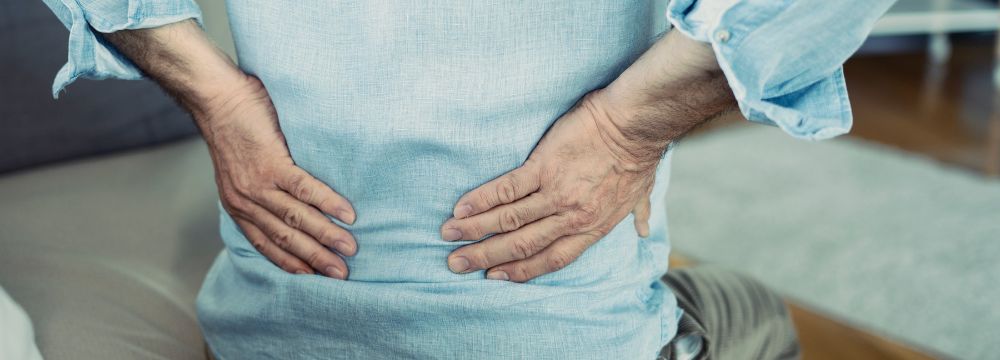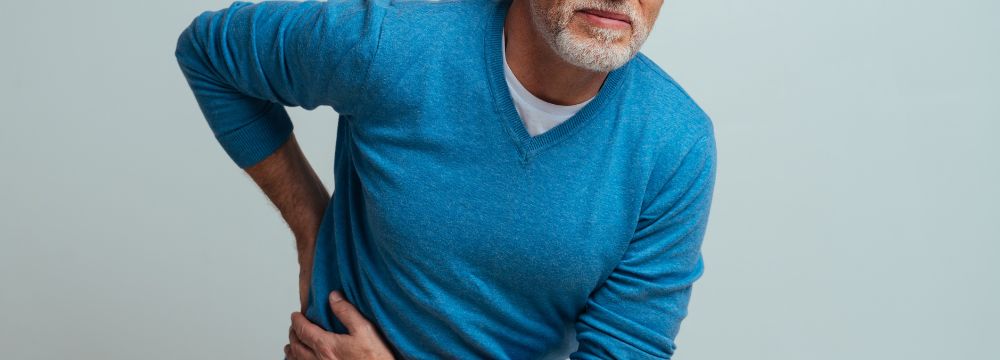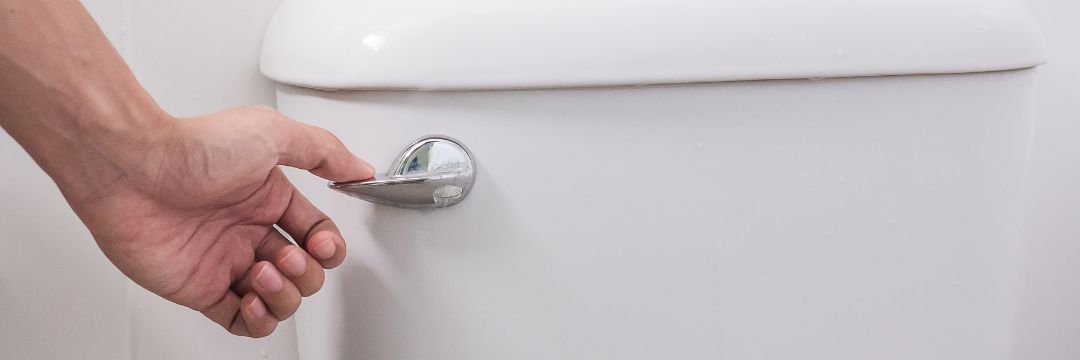Kidney stones are hard salt and mineral deposits that form inside your kidneys. They usually form when urine becomes too concentrated with minerals, such as uric acid, oxalates, and calcium, and they harden to form stones.
Some people with kidney stones are unaware that they have them. This is because kidney stones don’t always cause symptoms. However, a lot of people do experience symptoms when the large kidney stones pass into the ureter. The most common symptom is severe pain in the side of the abdomen and back. The pain comes and goes frequently until the stones have passed or been removed.
For many, kidney stones pass naturally or with the help of medications or treatments. However, if a kidney stone gets lodged in the urinary tract, it can cause complications. In this situation, your doctor may recommend surgery to remove the stone.
Causes of Kidney Stones
Kidney stone development is rarely due to a single cause. It’s usually due to a combination of factors. Genetics also increases your likelihood of developing them. Here are some of the most common causes of kidney stones.
Foods High in Oxalate
One type of kidney stone is a calcium stone, which forms when you eat a diet high in nuts (almonds and cashews) and chocolates. Some fruits and vegetables are also high in oxalates, such as spinach, rhubarb, baked potatoes, and beets. Additionally, drinking a lot of soda can also increase your risk because sodas have high levels of phosphate, which contribute to kidney stone formation. Limiting intake of these foods can reduce your risk.
Animal Protein
A diet rich in animal protein such as chicken, eggs, and seafood can reduce citrate levels, which is necessary to prevent the formation of kidney stones. Eat a well-balanced diet, so you don’t increase your risk of kidney stone formation.
A High Sodium Diet
The more sodium you eat, the higher the amount of calcium in your body. Therefore, cutting down on salt intake helps reduce your risk of developing kidney stones. Avoid foods rich in sodium, such as bacon, sauces, table salt, canned soup, and fast food.
Lack of Fluid Intake
One of the most effective preventive measures against the development of kidney stones is drinking a lot of water. Lack of fluid intake can lead to the development of uric acid stones, especially if you have a high protein diet.
It works because liquids dilute the mineral content in urine enough to prevent them from sticking together and solidifying. Water is great for flushing out your system. Aim to drink the right amount of water for your body weight every day.
Comprehensive Kidney Stone Treatment in Charlotte, North Carolina
Dr. Richard Natale is a urologist and men’s health specialist who has training and experience in diagnosing and treating a broad range of urological conditions, including kidney stones. With his bedside manner and professionalism, Dr. Natale will make sure any urinary tract issue you are experiencing is resolved as quickly, comfortably, and effectively as possible.
To schedule a consultation with Dr. Natale, call us at (704) 786-5131 or send an appointment request now.




